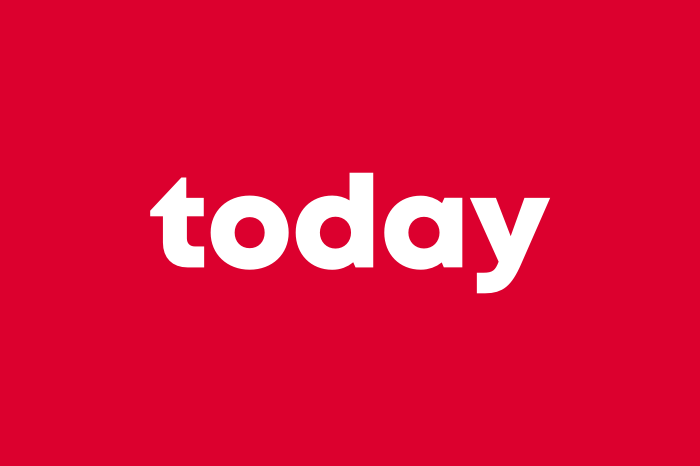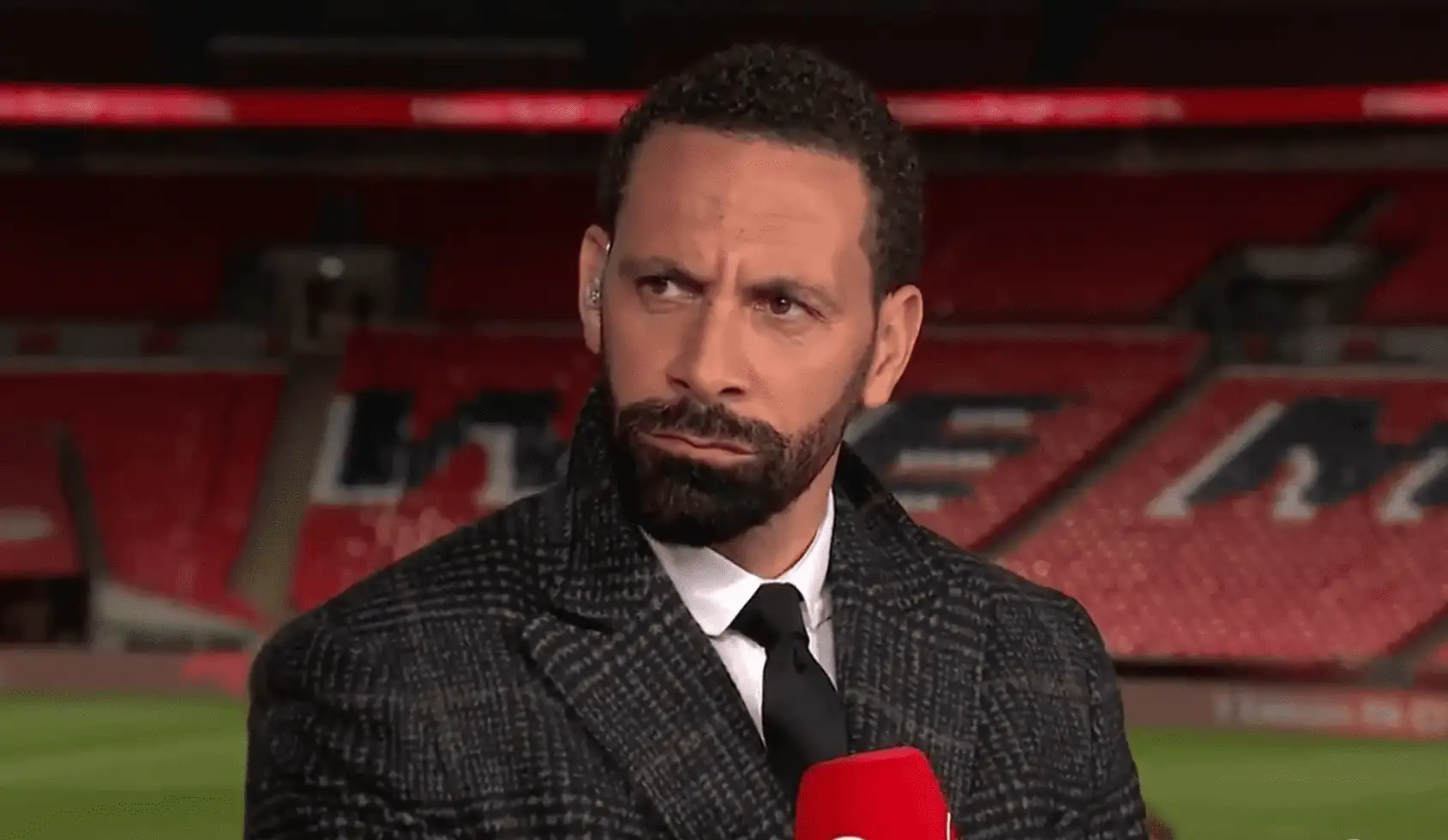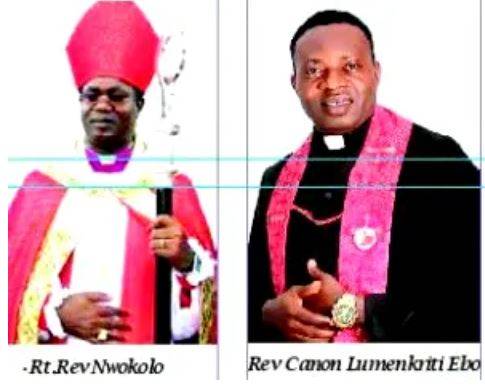Presidency lists projects, beneficiaries of external borrowing plan

The presidency Saturday said a total of 15 projects, spread across the six geo-political zones of the country, are to be financed with more than $4 billion from multilateral institutions, under the 2018-2021 medium-term (rolling) external borrowing plan.
A presidential spokesman Garba Shehu in a statement said President Muhammadu Buhari had requested the Senate to approve sovereign loans of $4.054bn and €710million as well as grant components of $125m for the proposed projects.
According to the letter by the president, the sovereign loans will be sourced from the World Bank, French Development Agency (AFD), China-Exim Bank, International Fund for Agricultural Development (IFAD), Credit Suisse Group and Standard Chartered/China Export and Credit (SINOSURE).
Shehu said the President’s request to the Senate listed 15 proposed pipeline projects, the objectives, the implementation period, benefiting States, as well as the implementing Ministries, Departments and Agencies (MDAs).
A breakdown of the ‘‘Addendum to the Proposed Pipeline Projects for the 2018-2021 Medium Term (rolling) External Borrowing Plan,’’ shows that the World Bank is expected to finance seven projects including the $125million grant for ‘‘Better Education Services for All’’.
The Global Partnership for Education grant is expected to increase equitable access for out-of-school children and improve literacy in focus states.
The grant, which will be implemented by the Federal Ministry of Education and the Universal Basic Education Commission (UBEC), will strengthen accountability for results in basic Education in Katsina, Oyo and Adamawa States.
Other projects to be financed by the World Bank are, the State Fiscal, Transparency, Accountability and Sustainability Programme for Results as well as the Agro-Processing, Productivity, Enhancement and Livelihood Improvement Support Project.
The benefiting States for the agro-processing project are Kogi, Kaduna, Kano, Cross River, Enugu and Lagos with the Federal Ministry of Agriculture and Rural Development as the implementing ministry.
The objective of the project is to enhance the agricultural productivity of small and medium-scale farmers and improve value addition along priority value chains in the participating States.
Similarly, the World Bank is also financing the Nigeria Sustainable Water Supply, Sanitation and Hygiene (WASH) project in Delta, Ekiti, Gombe, Kaduna, Katsina, Imo and Plateau States, for the next five years.
The project, when completed, is expected to improve rural water supply, sanitation and hygiene nationwide towards achieving Sustainable Development Goals (SDGs) for water supply and sanitation by 2030.
Under the external borrowing plan, the World Bank-supported projects also include Nigeria’s COVID-19 Preparedness and Response Project (COPREP), under the supervision of the Federal Ministry of Health and Nigeria Centre for Disease Control (NCDC). The project, which has an implementation period of 5 years, will respond to threats posed by COVID-19 through the procurement of vaccines.
Furthermore, no fewer than 29 States are listed as beneficiaries of the Agro-Climatic Resilience in Arid Zone Landscape project, which is expected to reduce natural resource management conflicts in dry and semi-arid ecosystems in Nigeria.
The benefiting states for the project to be co-financed by World Bank and European Investment Bank (EIB) are Akwa Ibom, Borno, Oyo, Sokoto, Kano, Katsina, Edo, Plateau, Abia, Nasarawa, Delta, Niger, Gombe, Imo, Enugu, Kogi, Anambra, Niger, Ebonyi, Cross River, Ondo, Kaduna, Kebbi, Jigawa, Bauchi, Ekiti, Ogun, Benue, Yobe and Kwara.
TodayNG
editor's pick
latest video
news via inbox
Nulla turp dis cursus. Integer liberos euismod pretium faucibua




